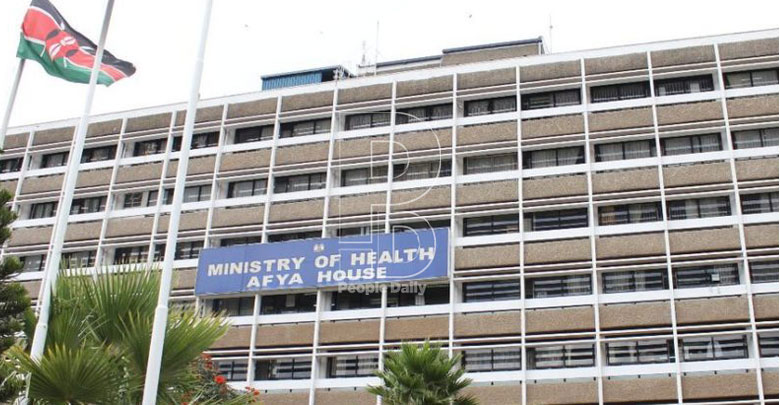Factors of masculinity and depression among men
By People Daily, August 20, 2019Dr Cosmas Mugambi
Mental health is inseparable from physical health. Mental health conditions account for 12 per cent of the disease burden and 31 per cent of years lived with disability globally, with an 18 per cent increase recorded over the past decade. Today, 350 million people suffer from depression with effects on work, socialisation, school and families.
At its worst, depression can lead to suicide, with 800,000 people taking own lives annually. Depressed men are four times more likely to commit suicide than depressed women. The rising rates of suicide, murder and other crimes globally paint a troubling picture of how society is struggling with depression.
Depression is treatable with talking therapies—cognitive behavioural therapy, behavioural activation or anti-depressant medication or a combination of them. However, less than 10 per cent of patients in low-and-middle-income countries receive such treatments due to barriers such as cost of health, shortage of mental health care providers, low awareness, stigma and misdiagnosis.
In many respects, men fare worse than women in health. One in eight men will experience depression at some stage of their lives, yet the cases are under-reported.
The classic presentation of depression is deep sadness, lethargy, change in appetite, sleeping pattern changes, anxiety, reduced concentration, indecisiveness, restlessness, feeling of worthlessness, guilt, hopelessness and thoughts of self-harm.
Men mask or deny the symptoms and are more likely to experience “stealth”depression symptoms, including mood fluctuation–feeling aggressive, hostile or irritable–fights, dangerous driving, compulsive gambling, drug abuse, isolation and low libido. Other commonly overlooked signs of depression in men are backache, headache, insomnia, sexual dysfunction or engaging in unsafe sex.
The causes of depression are complex and diverse, including genetic and personality factors, adverse life experiences and life stressors. Some of the triggers to depression in men include stress at work or home, relationship problems, health problems, family responsibilities, financial constraints, retirement and loss of independence, death of a loved one, poor coping skills, impotence or erectile dysfunction, poor coping skills, alcohol or drug abuse and childhood trauma.
Masculinity plays an important role in depression—the society’s confusion over what defines masculinity creates unnecessary pressure on men. There is a perception that men should be tough, self-reliant and in control of their emotions. Boys hear such similar statements while growing up and internalise them. In their adulthood as men they struggle to find place in a society which expects them to be “real men” but also be “emotionally sensitive”.
These stereotypical notions compounded with stigma associated with having mental illnesses make it difficult for depressed males to seek help. The “curriculum” that teaches that men are shouldn’t cry, show weakness or seek help is, therefore, out of place in modern world.
Early identification of depression in men can ensure the condition is treated effectively .
Relatives, workmates and friends should help depressed men contact clinicians and ideally accompany them for such appointments. Other ways to help include offering support and encouragement; never ignoring comments about suicide; joint physical and social activities and reporting any concerns about side effects of depression drugs.
For depressed men, self-help steps abound. Seek professional help, social support, eat healthy, reduce intake of caffeine, alcohol and foods with high levels of chemical preservatives or hormones, eat more Omega-3 fatty acids and other foods rich in mood-enhancing nutrients such as bananas and spinach. Challenge negative thinking and remember, thoughts are not facts.
Together, our voices can fight the stigma that real men don’t talk about their troubles. In doing so, we can usher in a positive conversation to replace the longstanding, detrimental silence on depression in men.
The writer is an Implementation Scientist
